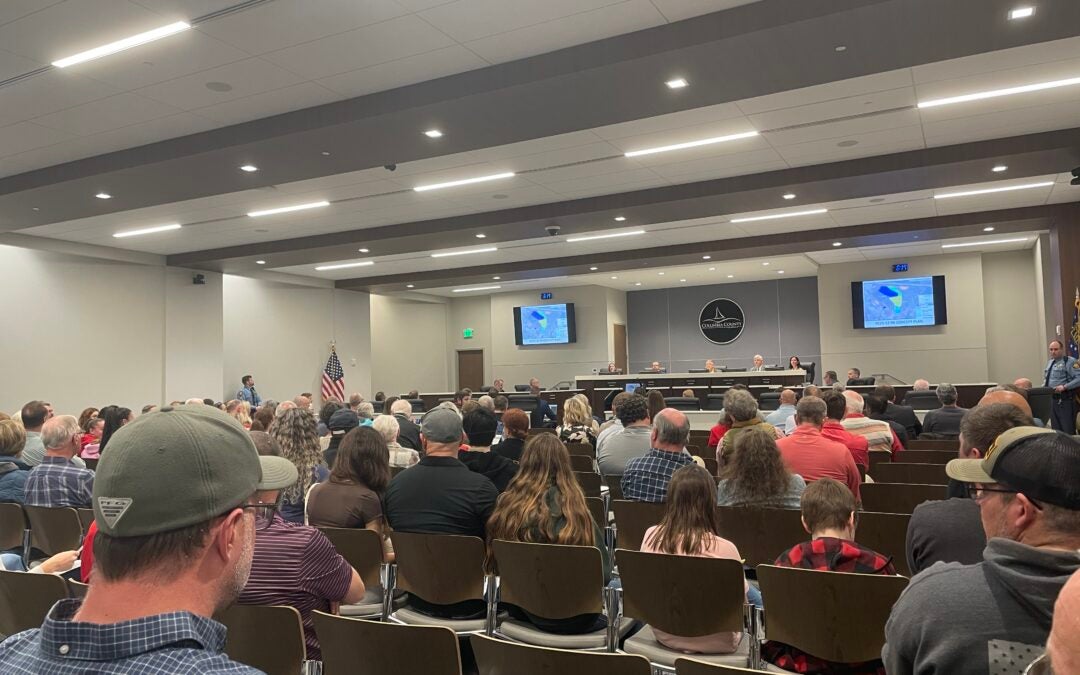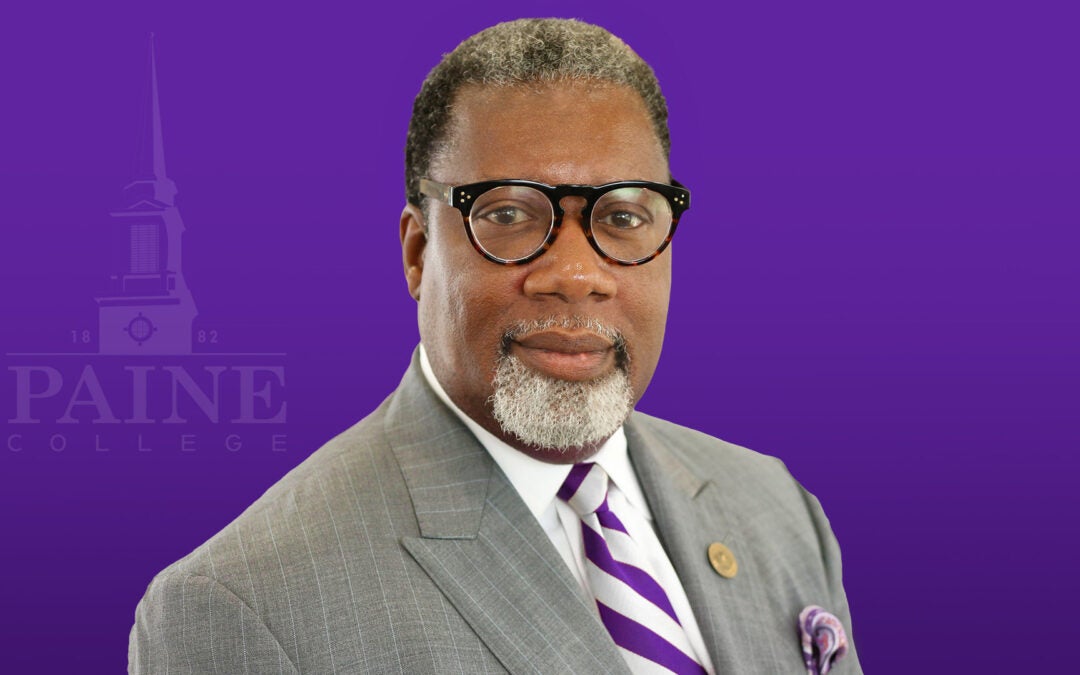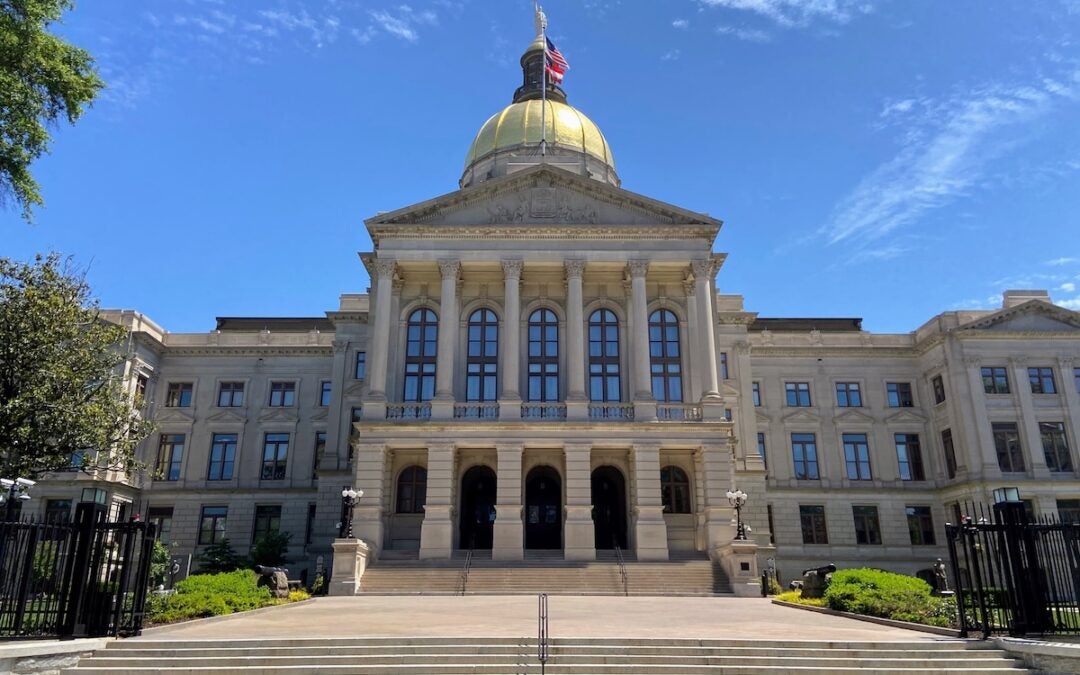It’s that time of the year; another November election is over with no clear winner, and now we must add a runoff election to our already busy December calendars. To hold these additional elections, we must spend millions of dollars not in the budget, and citizens will have to make their way to the polls once again to cast their votes.
Opinion
A solution that local talk show host, Austin Rhodes, has proposed is to remove any candidate from the General Election who did not achieve at least 5% in the primary. This would reduce the number of runoffs needed and stop candidates from acting as a spoiler. Austin Rhodes said, “Ultimately millions of dollars. County by county, especially for the poor counties, that hurts. There’s no reason for this. It’s purely ego, and it is a total waste of money. These individuals have absolutely no chance of winning in the end. And so, all they can be are spoilers.”
These are legitimate concerns. We should not require citizens to vote multiple times to make their voices heard. Additionally, we need to ensure that our elections are not being manipulated. However, adding a barrier to stop 3rd party candidates from being on the ballot is the last thing we should do. A cornerstone of our freedom is having a choice in who represents us. For 81,278 Georgia voters, the Libertarian candidate, Chase Oliver, was their top pick. Why should those people have to vote for someone they do not believe in?
The good news is we do not have to choose between spending money on runoff elections and giving voters choices on the ballot. The solution is simple—Ranked Choice Voting (RCV). According to Better Ballot Georgia, when using RCV, voters rank their choices by preference, first, second, third, etc. A candidate wins if they receive more than half of the first-choice votes. That doesn’t change. However, if no one gets over 50% of the votes, instead of a runoff election, ranked choice voting comes into play. Better Ballot Georgia further explains, “the candidate with the fewest votes is eliminated. Any voter who picked that candidate as their first choice will have their vote count for their second choice.” RCV also incentives politicians to engage with voters outside of their base because even if they cannot be a voter’s first choice there is value in being their second choice. This is especially true in a close race.
Implementing rank choice voting in Georgia would not require a constitutional amendment, but instead could be established through legislation. Rank choice voting has also been held as constitutional in both federal and many state courts.
In the state of Georgia, we already allow for ranked choice voting under certain circumstances. Senate Bill 202, which passed on March 25, 2021, stipulates that for military and overseas citizens, a Ranked Choice Ballot will be sent along with the General Election Ballot. The voter then submits both ballots, and should a runoff occur, the Ranked Choice Ballot will be used. Had Georgia used RCV for all voters in the recent General Election, the runoff election on December 5, 2022, could have been avoided.
Ranked Choice Voting removes the need for runoff elections, eliminates the risk of spoiler candidates, and allows voters to express the full scope of their political views. Whether a voter is a Democrat, Republican, Libertarian, Green, another 3rd party, or Independent, they should be able to vote for the candidate that represents them best.
Scott Cambers is a candidate for the District 129 seat in the Georgia House of Representatives.








